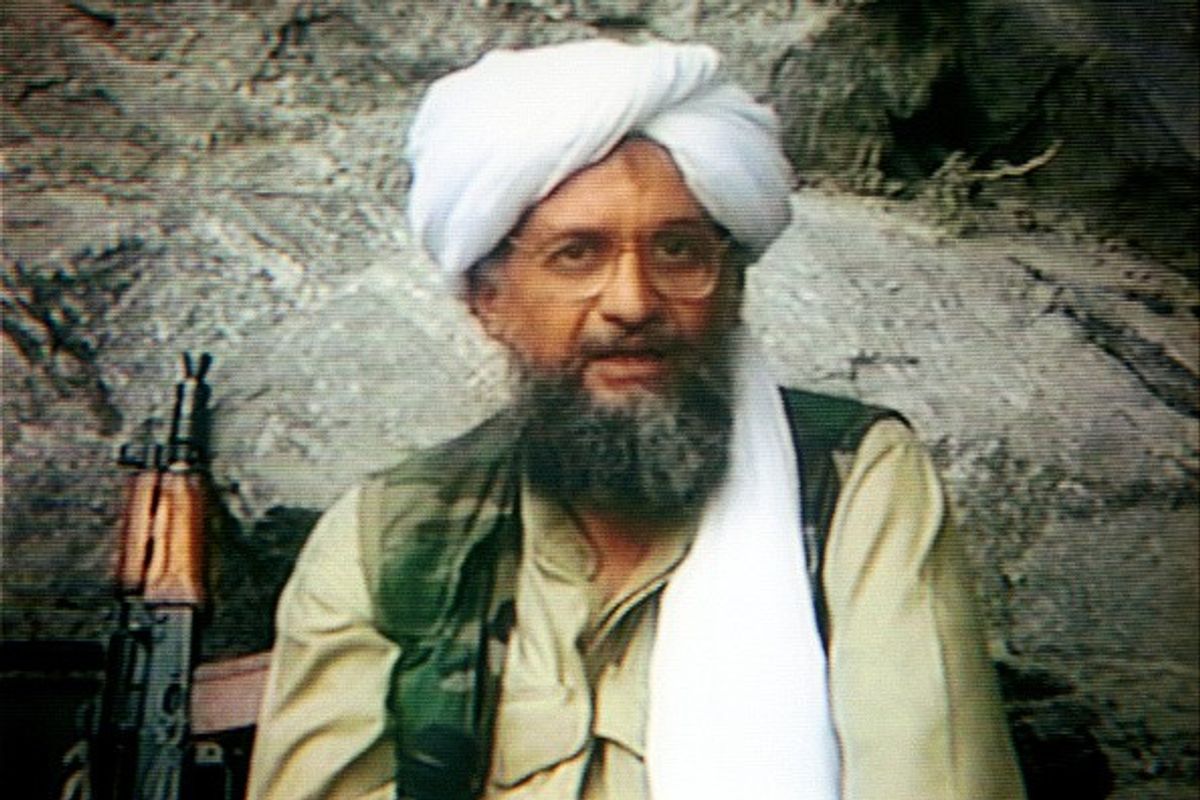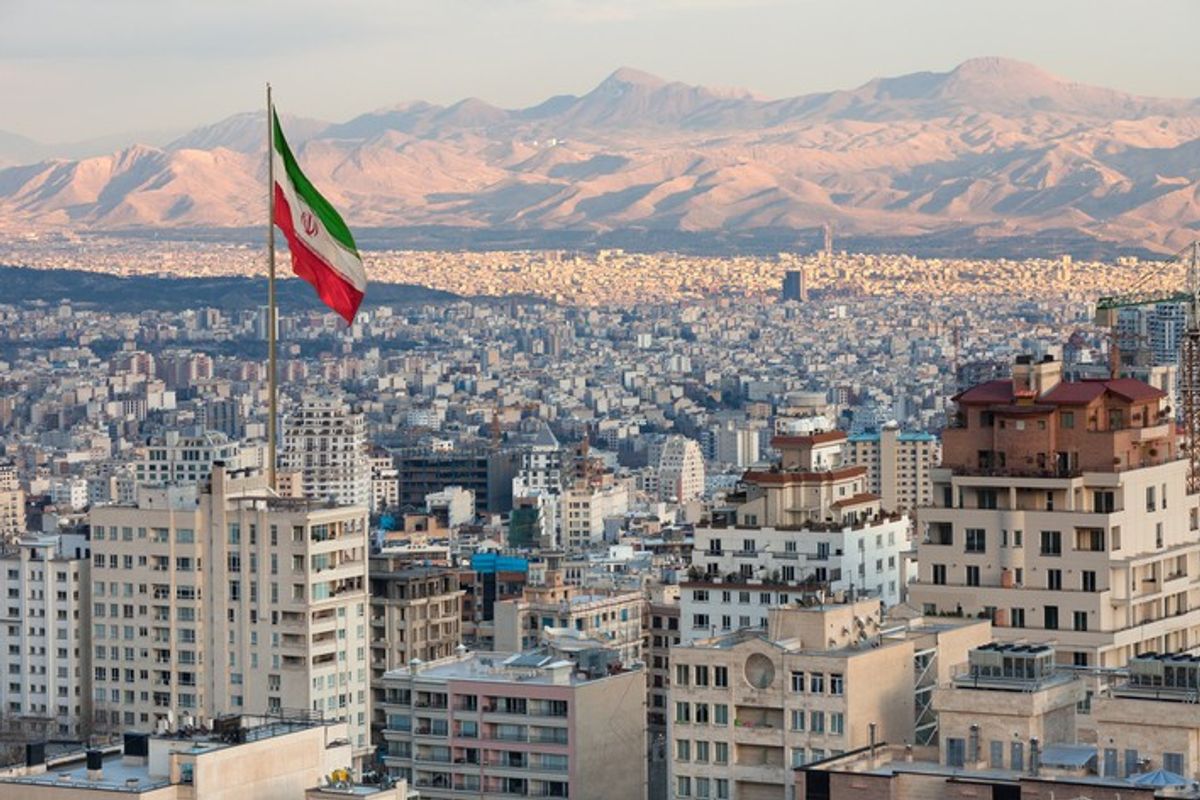Bottom Line Up Front:
- With the caliphate in ruins, the Islamic State is likely to focus more attention on the ‘virtual world’ and shaping its narrative.
- One of the reasons the Islamic State has been so successful in its use of propaganda is that the group deliberately dedicates substantial resources toward operating in the narrative space.
- A daunting issue facing the international community concerns what themes and narratives Islamic State propagandists intend to promote as the organization works to lay the foundation for a future resurgence.
- The Islamic State’s leading propagandists have effectively transformed operational failures into strategic victories in the past, and are already attempting to do so with the loss of the caliphate.
The so-called Islamic State’s (IS) ‘caliphate’ has been crushed. While IS has proven to be an adaptive enemy, there is no dispute that the losses they suffered on the ground in Iraq and Syria seriously weakened the group.
Still, the physical battlespace is merely one element of the broader conflict. From the beginning, the Islamic State has operated adeptly in the ‘virtual world,’ pushing its narrative online and using the Internet at once to recruit, sow fear and spread its propaganda to audiences worldwide. Now, with its state-building project in ruins, the Islamic State’s ability to promote an image of strength and endurance will be critical to both its brand and resilience.
The group’s leadership has gone to great lengths to focus on the narrative space, allocating an outsized portion of resources toward information operations, social media, and propaganda. The net result has been that the Islamic State masterfully portrayed its brand in a manner that helped it attract tens of thousands of recruits from all around the world, infusing its organization with legions of skilled cadres.
This approach has been part of the Islamic State’s strategy from its inception. More than three years ago, The Washington Post reported that the Islamic State’s ‘videographers, producers and editors’ functioned as part of a ‘privileged, professional class with status, salaries and living arrangements that are the envy of ordinary fighters.’ The group paid members of its media team nearly seven times the salary of an average foot soldier. Even more striking, recruits with a background in production, editing, or graphic design were being afforded with the rank of emir, a clear signal of their value to the organization.
In the immediate future, the Islamic State will continue to tailor messages to Western audiences, including, but not limited to, young Muslims who may revere the generation that came before them. Many fear that the legacy of the Islamic State will live on through its narrative, evoking a sense of nostalgia for the caliphate. When analyzing the Islamic State’s narrative as a whole, the establishment and implementation of the ‘caliphate’ is undoubtedly a unique selling point. IS is relentless in its messaging that the loss of the caliphate is merely a temporary setback. Even though the group was initially most well-known for its execution videos, especially in the West, it produced material on a wide range of topics, far beyond what gets reported in the mainstream media.
The Islamic State’s surviving leadership will increasingly look to make nostalgia for the caliphate a tangible cornerstone of its narrative and messaging, desperately seeking to maintain morale in communities of potential support and mobilize its followers toward action. The group’s ideology still functions as a means of conveying specific grievances to young Muslims while also offering a worldview that resonates with the ‘us’ versus ‘them’ paradigm.
Losing the physical caliphate may tarnish its brand in the eyes of some, but the fact that it was able to successfully establish a caliphate in the first place will remain a viable propaganda tool for the group to recruit new members and lift the morale of the global jihadist movement as a whole.















